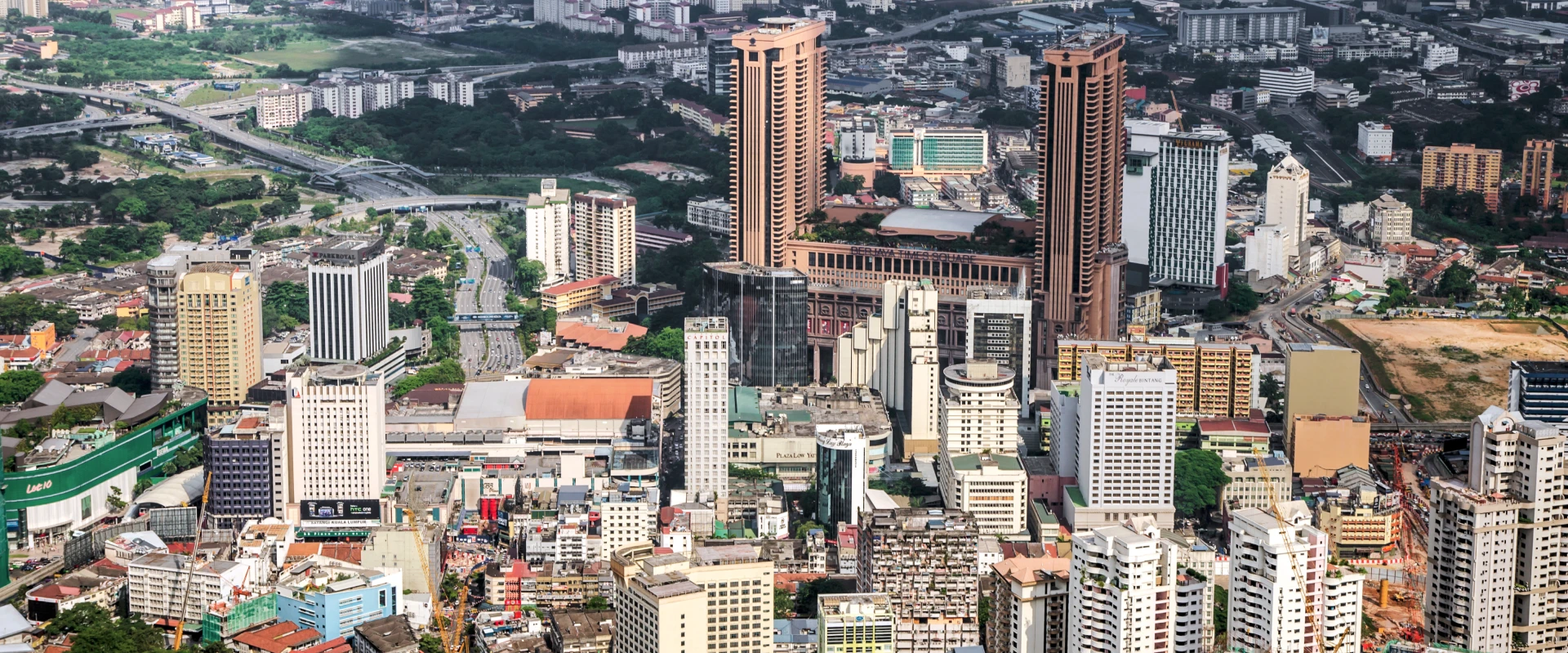Oil-Dependent but Diversifying
Executive Snapshot
- Population: ~1.6–1.7 million
- GDP (nominal): ~$10–12 billion
- Currency: CFA franc (XAF)
- Main sectors: Oil & gas, timber, fisheries, services
- Top trade partners: China, EU, US
- Regional role: Small but strategic hydrocarbons player in Central Africa
Macroeconomic Overview
Hydrocarbons dominate GDP and exports; the agenda focuses on gas monetization, services and fisheries value chains. Infrastructure upgrades (ports/airports) and service‑sector development aim to reduce dependence.
Strategic Sectors and Opportunities
- Gas: LNG and gas‑to‑industry prospects
- Fisheries: processing, cold‑chain, compliance for EU/Asia
- Timber: certified value‑added products
- Services: marine, logistics and catering for O&G
Business Environment and Regulation
Investment codes and SEZs offer incentives; capacity and transparency considerations call for careful partner selection and compliance.

Risks and Challenges
- Oil price exposure and maturing fields
- Small market size
- Governance and transparency
Atlas Development Insights
Atlas Development covers Equatorial Guinea through its long-standing correspondent in Douala, ensuring close proximity and trusted local connections. The economy is heavily dependent on oil and gas, but diversification efforts are opening space in fisheries, timber, and services. These sectors are attractive to global companies supplying oilfield services, logistics, fisheries processing technologies, cold-chain solutions, and certified timber products. We support clients with market studies, the qualification of partners, and B2B agendas with vetted stakeholders. We also provide corporate compliance and due diligence on local companies, contracts, and supply chains, enabling international firms to approach Equatorial Guinea’s opportunities with transparency and reduced risk.
